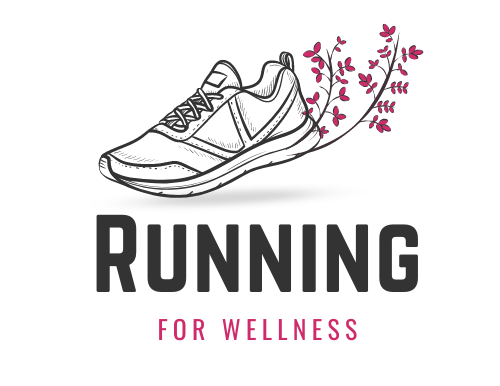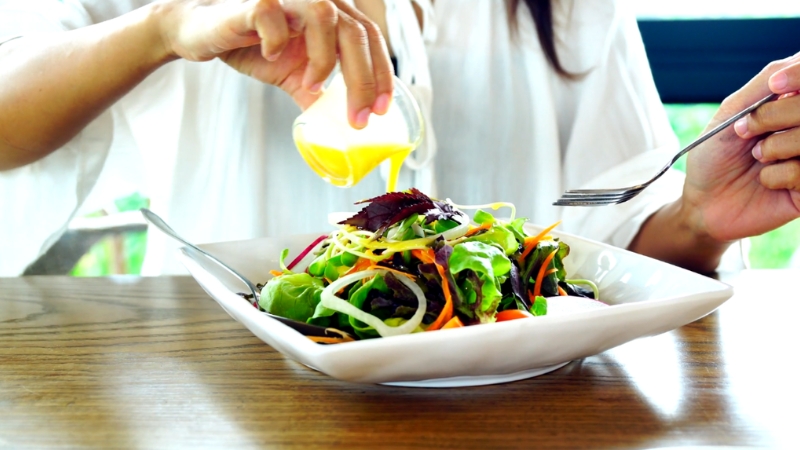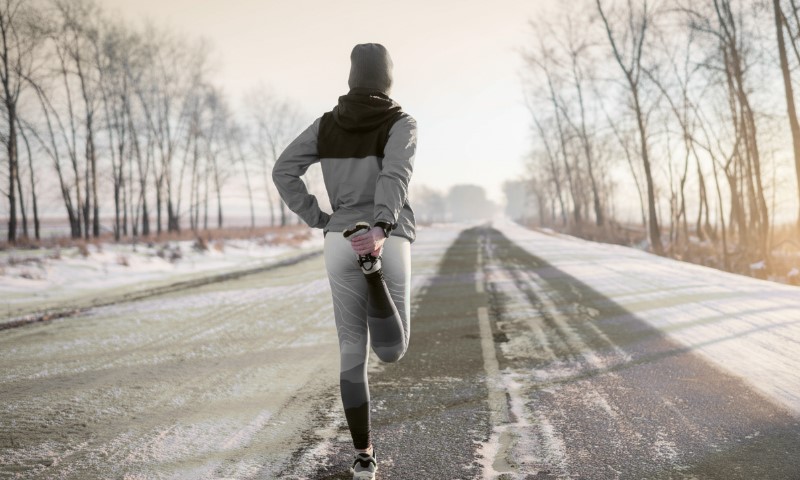Cold plunges refer to brief exposure to chilly water, often between 45 and 60 degrees Fahrenheit.
Practices involving cold water show up in ancient bathing customs, competitive sports, and contemporary wellness routines.
Growing interest reflects a rising desire for natural methods that influence mood, inflammation, and overall vitality.
An expanded explanation helps set the stage by clarifying how cold-water exposure interacts with major body systems.
An overview of mechanisms, benefits, and expert insights gives readers a clearer sense of what such sessions can accomplish.
Key introductory points include:
- Cold exposure introduces acute stress that sparks measurable physiological responses.
- Short sessions often lead to cumulative effects when practiced consistently.
- Individual tolerance varies, so gradual adjustment remains important.
What we want to do here is to point out major benefits, highlight expert observations, and present current knowledge on how cold-water exposure affects the body and mind.
Table of Contents
TogglePhysiological & Recovery Benefits
An introductory look at physical effects shows how cold-water immersion influences circulation, tissue repair, and energy metabolism.
For individuals looking to pair cold-water exposure with heat-based recovery, a sauna 3 person option, such as the Nook Ultra may offer a practical way to alternate between thermal contrasts.
Several mechanisms work together, creating a broad impact on the body.
Muscle Recovery and Inflammation
Many athletes and active individuals rely on cold-water immersion to manage discomfort after intense exercise.
Submersion prompts blood vessels to constrict, reducing swelling while easing tension in tired muscles.
Once exposure ends, warmer blood moves back into tissues in a sudden rush, aiding removal of metabolic byproducts associated with soreness.
Expanded points include:
- Constriction-and-flush cycles help clear lactate and other waste.
- Short sessions often shorten recovery windows between workouts.
- Many users report reduced stiffness the following day.
Cardiovascular and Circulatory Support
Cold exposure triggers a sudden shift in heart rate followed by short bursts of cardiovascular activity.
Vascular walls tighten, then relax, supporting better blood-flow patterns over time.
Regular practice may lead to improved vascular flexibility, helping the body adapt efficiently to temperature stress.
Metabolic Effects
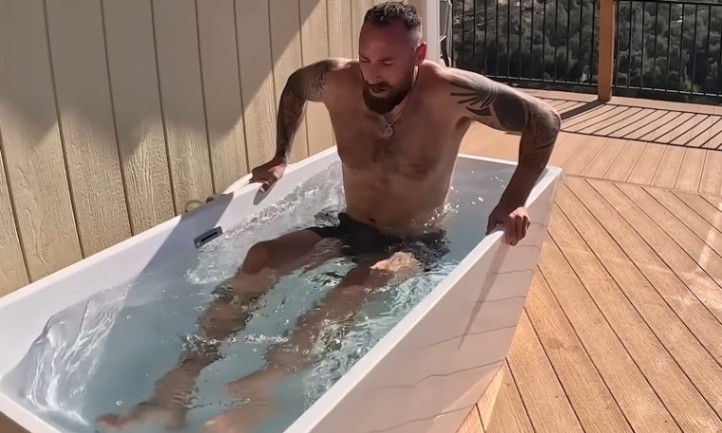
Cold exposure activates brown adipose tissue, a specialized fat responsible for heat generation.
Activation raises energy expenditure and may contribute to modest increases in daily calorie burn.
Several findings also point to improved insulin sensitivity, suggesting value for glucose regulation.
Additional metabolic notes:
- Brown fat recruitment tends to increase with repeated exposure.
- Enhanced thermogenesis may support weight-management efforts.
- Increased insulin responsiveness can benefit individuals seeking better metabolic control.
Mental, Psychological & Neurocognitive Benefits
A separate introduction for mental effects helps explain why exposure influences both mood and cognitive function.
Mood Enhancement & Stress Reduction
Cold-water immersion prompts the release of endorphins along with a noticeable surge in norepinephrine.
Many users describe brighter moods, reduced stress levels, and improved nightly rest.
Sudden shifts in temperature activate key parts of the nervous system, creating an invigorating mental reset.
Highlighted points:
- Endorphins contribute to improved emotional balance.
- Norepinephrine boosts energy and motivation.
- Some individuals experience calmer breathing patterns after repeated practice.
Cognitive Benefits
Short cold sessions often enhance alertness and sharpen focus.
Some findings connect repeated cold exposure with elevated BDNF, a protein linked to learning and brain health.
Such responses may support stronger cognitive resilience over time.
Supporting notes:
- BDNF plays a key role in memory formation.
- Higher alertness can improve productivity shortly after a session.
- Over time, repeated stimulation may promote healthier neural pathways.
Psychological Resilience
Cold plunges serve as controlled stressors that train the mind to tolerate discomfort.
Exposure encourages composure and steadiness in challenging conditions.
Repeated sessions may build stronger emotional adaptability and reduce reactivity to daily stress.
Additional resilience-related points:
- Short controlled stress can strengthen long-term coping capacity.
- Voluntary exposure helps cultivate discipline.
- Many individuals report heightened confidence after maintaining a cold routine.
Longevity, Anti-Aging & Broader Wellness Benefits
A longer look at long-term wellness effects helps clarify how repeated cold exposure influences cellular pathways tied to slower aging, improved immunity, and stronger vitality.
Interest in these areas continues to rise as people search for natural practices that support healthy aging and sustained energy.
Cellular and Mitochondrial Health
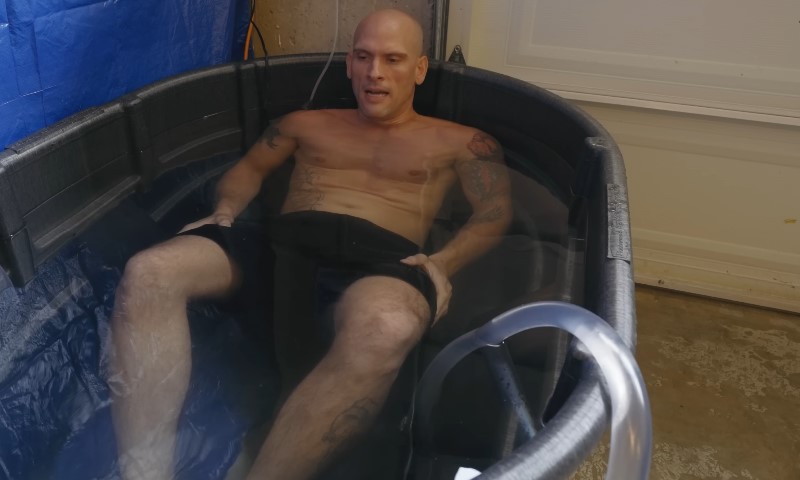
Cold exposure triggers cold-shock proteins that promote repair signals inside cells. Such proteins play roles in stabilizing damaged structures, helping cells maintain proper function under stress.
Mitochondria, often referred to as internal power generators, may operate more efficiently due to repeated cold stimulation, which could enhance energy production across multiple systems.
Expanded considerations include:
- Cold-shock proteins assist damaged cells in stabilizing and maintaining structural integrity.
- Mitochondrial efficiency influences daily energy levels, physical stamina, and long-term cellular health.
- Some findings connect consistent exposure with stronger cellular resilience, which may contribute to slower age-related decline.
- Repeated stimulation encourages healthier oxidative balance, potentially reducing stress on tissues.
Immune Function Support
Many individuals report fewer sick days and quicker recovery when cold exposure becomes a regular habit.
Controlled cold stress seems to influence immune markers that shape a more responsive defense system, especially during periods of heightened physical or mental load.
Notable immune effects include:
- Cold exposure may increase circulation of certain white blood cells that support frontline immune defense.
- Improved stress tolerance can strengthen immune activity, as reduced chronic stress often correlates with better protection against minor illness.
- Repeated practice might help decrease severity and duration of seasonal challenges by encouraging a more adaptive immune profile.
- Enhanced circulation brings immune cells into tissues more efficiently, supporting faster responses to minor disruptions.
Consistent exposure may help promote a more balanced inflammatory profile, reducing prolonged low-grade inflammation.
Additional Wellness Claims (Less Researched)
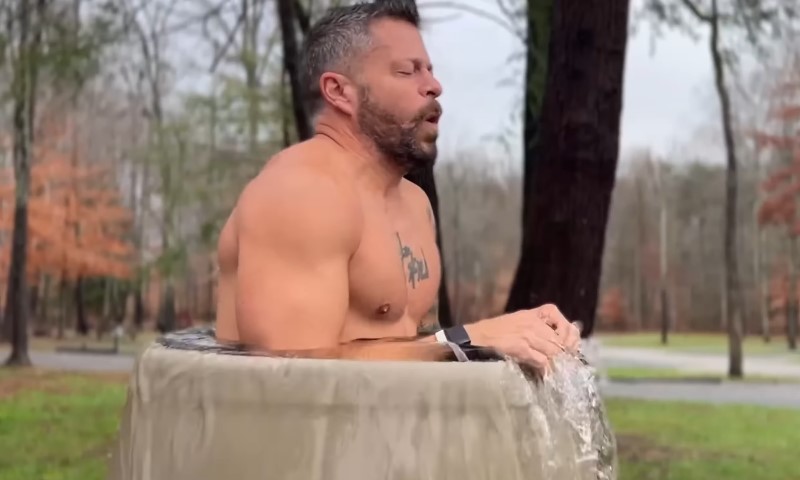
Reports suggest improved blood-flow patterns linked to libido along with broader sensations of vitality.
Enthusiasts often describe increased warmth, motivation, and an elevated sense of drive after cold immersion.
Such claims remain anecdotal and require further investigation, yet many individuals continue to report positive changes.
Additional notes include:
- Circulatory shifts may support sexual function due to enhanced vascular responsiveness.
- Heightened alertness often contributes to stronger daily enthusiasm and overall momentum.
- Users frequently describe a renewed sense of presence and confidence after maintaining a consistent routine.
Varied results highlight the importance of personal experimentation and gradual acclimation.
Summary
Cold plunges offer potential advantages across physical recovery, circulation, metabolism, emotional balance, cognitive sharpness, and overall wellness. Individual responses differ widely, so expectations should remain balanced and realistic. Longer-term studies will help clarify mechanisms, ideal exposure times, and frequency.
Practical sessions begin best with slow acclimation. Users benefit by monitoring comfort levels, practicing controlled breathing, and using cold exposure as one part of a thoughtful health routine.
Related Posts:
- How To Recover From Muscle Inflammation Without Medication
- How Can You Start a Career as a Running Coach?
- Lower Back Pain While Running? Here's What You Need to Know
- Tendonitis, Shin Splints, and Other Common Leg…
- How Long Does It Take to Train for a Half Marathon?
- 10 Best Running Documentaries - Inspiring Films for Runners
